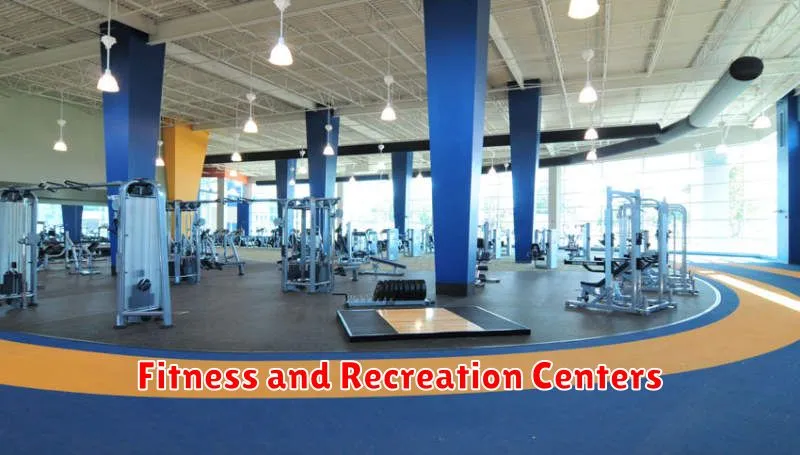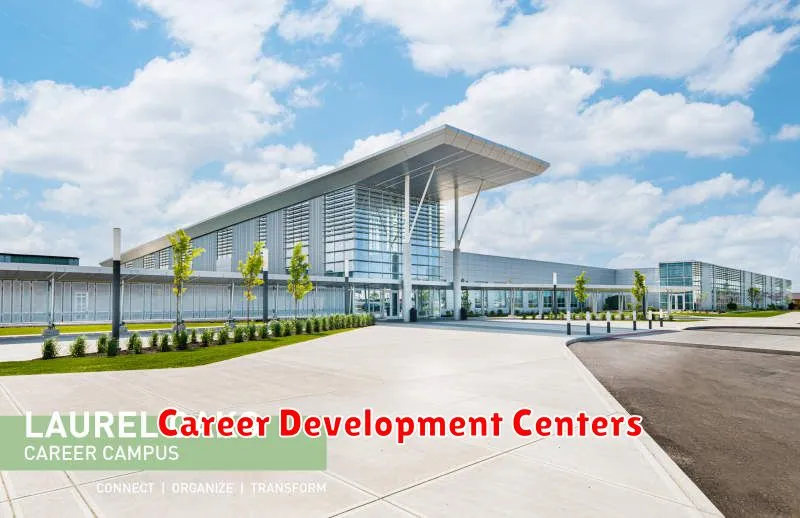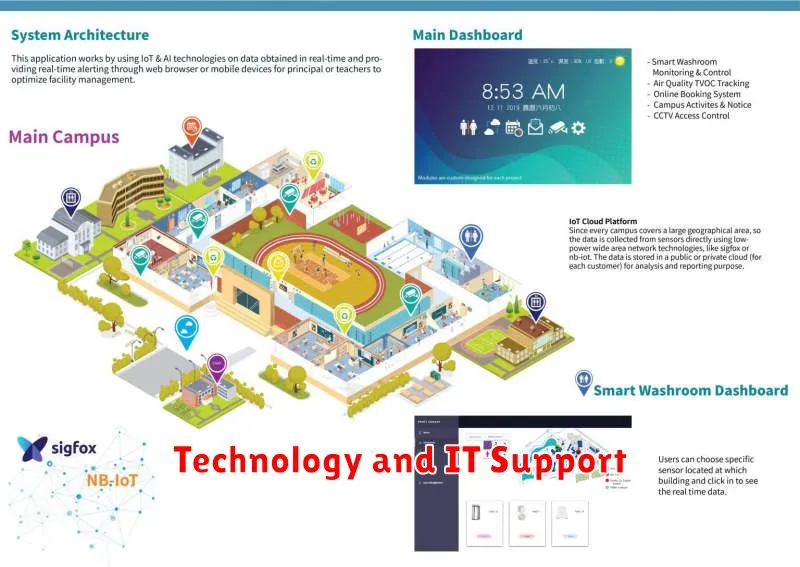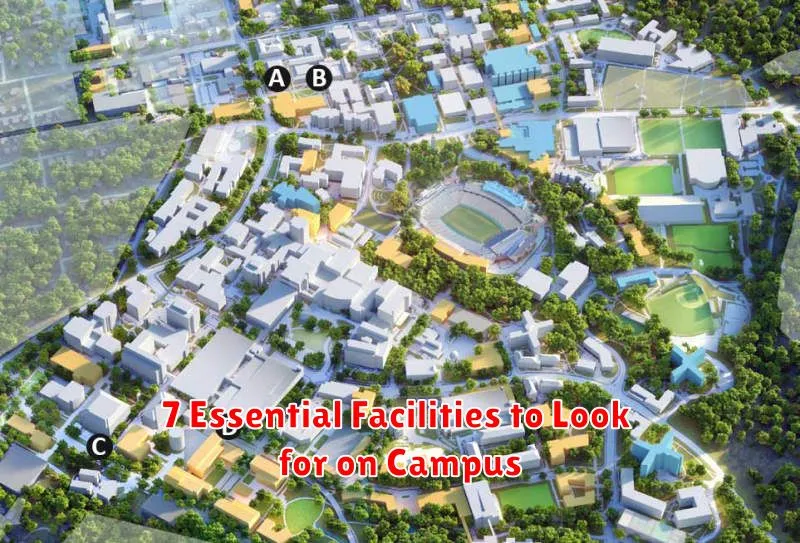Choosing the right college is a pivotal decision, and a key factor in that decision is the availability of essential campus facilities. These facilities contribute significantly to a well-rounded educational experience, impacting not only academic success but also overall student well-being. This article explores seven essential facilities prospective students should look for when evaluating campuses, providing insights into how these resources can enrich their college journey and contribute to a positive and productive learning environment. From comprehensive libraries and state-of-the-art laboratories to robust recreational facilities and accessible support services, the availability of these essential facilities can greatly influence a student’s success and satisfaction.
Beyond the classroom, a vibrant and supportive campus environment is crucial for personal growth and development. This article will guide you through the seven essential facilities, including modern libraries, well-equipped laboratories, advanced technology resources, comprehensive health services, inclusive accessibility features, diverse dining options, and robust recreational and fitness facilities. Understanding the importance of these campus facilities will empower prospective students to make informed decisions and select a college that best meets their academic, social, and personal needs. By carefully considering the presence and quality of these essential facilities, students can ensure a fulfilling and enriching college experience.
Library Resources
A well-equipped library is essential for academic success. Look for a library with extensive collections, both physical and digital. Key resources include a wide selection of books, journals, databases, and online research tools.
Consider the library’s accessibility. Is it open during hours that accommodate your study schedule? Does the library offer study spaces that suit your needs, such as quiet individual areas or collaborative group work rooms?
Investigate the available support services. Many libraries provide research assistance, writing workshops, and technology support. These services can be invaluable, especially when undertaking complex research projects or honing your academic writing skills.
Fitness and Recreation Centers

Prioritizing physical and mental well-being is crucial during your college years. A well-equipped fitness and recreation center offers a valuable outlet for maintaining a healthy lifestyle. Look for facilities that provide a variety of options to suit different interests.
Consider what activities are important to you. Do you prefer traditional gym equipment such as weights and cardio machines? Are you interested in group fitness classes like yoga or Zumba? Perhaps you enjoy court sports like basketball or volleyball, or prefer swimming in a well-maintained pool.
The availability of these amenities can significantly enhance your campus experience and contribute to a more balanced and fulfilling academic journey.
Student Health Services
Access to quality healthcare is crucial for students. A well-equipped student health center should be a priority when considering a college or university. Look for services that offer a range of options, from general practitioners to mental health support.
Key services to look for include:
- Routine check-ups and sick visits
- Vaccinations and immunizations
- Mental health counseling and support
- Health education and promotion programs
- Management of chronic conditions
Easy access to these services can greatly impact a student’s overall well-being and academic success. Being able to address health concerns promptly minimizes disruption to studies and allows students to focus on their education.
Career Development Centers

A robust career development center is a vital resource for students. These centers offer a wide range of services designed to help students prepare for their professional lives. They provide invaluable assistance in various aspects of career planning.
Key services typically offered include:
- Resume and Cover Letter Assistance: Get expert feedback on your application materials to make a strong impression on potential employers.
- Interview Preparation: Practice your interviewing skills with mock interviews and gain valuable feedback to improve your performance.
- Internship and Job Search Support: Access resources and guidance to find internships and job opportunities relevant to your field of study.
- Career Counseling: Discuss your career goals and explore different career paths with experienced counselors.
- Networking Events: Connect with potential employers and alumni at career fairs and networking events.
A proactive career development center actively engages with employers, ensuring that students have access to current job market trends and employer expectations. This connection benefits both students and the employers seeking talented graduates.
Residential Facilities
Comfortable and safe housing is a crucial aspect of the university experience. When evaluating residential facilities, consider factors like dorm room size, amenities, and overall building security.
Examine the availability of different housing options. Are there single rooms, shared rooms, or suite-style accommodations? Consider the proximity of the residences to academic buildings, libraries, and other campus facilities.
Safety features such as secure access points, well-lit walkways, and on-site security personnel contribute to a positive residential experience. Inquire about the resident advisor program and the level of support provided to students living on campus.
Amenities like laundry facilities, common areas, and study spaces can significantly enhance student life. Think about your personal needs and preferences when evaluating the residential facilities.
Dining Options
Access to nutritious and varied dining options is crucial for student well-being. A campus with diverse culinary choices caters to different dietary needs and preferences.
Look for campuses offering a range of options, from cafeterias and dining halls to smaller cafes and on-the-go options. Consider the availability of meal plans and their flexibility. Check if there are options for students with special dietary restrictions, such as vegetarian, vegan, or gluten-free choices.
The proximity of dining facilities to student residences and academic buildings is also an important factor. Easy access to food can save valuable time and contribute to a more convenient campus experience.
Technology and IT Support

In today’s digital age, robust technology infrastructure and reliable IT support are essential for academic success. A campus with strong IT services empowers students with the tools they need for research, collaboration, and communication.
Look for campuses offering high-speed internet access, both wired and wireless, across all buildings, including residence halls and libraries. Computer labs equipped with up-to-date software and hardware should be readily accessible. Evaluate the availability of technical support services, including help desk assistance, online resources, and workshops. A robust learning management system (LMS) is also crucial for accessing course materials, submitting assignments, and communicating with instructors.
Consider whether the institution offers software and hardware discounts or other technology-related resources for students. A proactive IT department that prioritizes cybersecurity and data protection is also a significant advantage.

